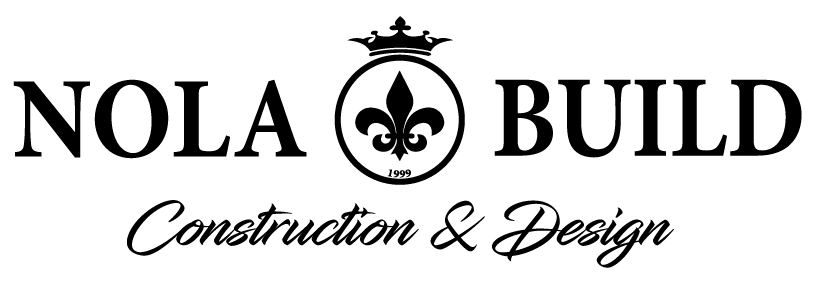Embarking on a commercial building construction project is a significant endeavor that requires meticulous planning and coordination. From initial concept to final execution, understanding the essential steps involved can ensure a successful outcome. Here’s a comprehensive guide on how to effectively plan for your commercial building construction.
Define Your Project Goals
The first step in planning your commercial building construction is to clearly define your project goals. Determine the purpose of the building, the size, the layout, and the specific features required. This will help in creating a detailed project brief that outlines your vision, requirements, and expectations. Collaborate with key stakeholders to ensure all needs are addressed early in the planning phase.
Establish a Budget
Setting a realistic budget is crucial for the success of your project. Consider all potential costs, including design fees, construction costs, permits, inspections, and contingencies for unexpected expenses. Work closely with a financial advisor or a construction manager to develop a comprehensive budget that aligns with your project goals. Proper budgeting will help in avoiding financial pitfalls and ensuring the project stays on track.
Select a Competent Construction Company
Choosing the right construction company is pivotal to the success of your project. Look for construction companies in New Orleans that have a proven track record in commercial building projects. Evaluate their experience, reputation, and portfolio. At Nola Build, we provide valuable insights, manage the construction process efficiently, and deliver quality results. A reliable construction company will guide you throughout the project.
Secure Permits and Approvals
Navigating the regulatory landscape is a critical aspect of commercial construction. Obtain all necessary permits and approvals from local authorities before commencing any work. This includes zoning permits, building permits, and any other regulatory compliance required by law. Working with a construction company that is familiar with local regulations can streamline this process and prevent delays.

Develop a Detailed Project Plan
A well-structured project plan serves as a roadmap for your construction project. Collaborate with your construction team to develop a comprehensive plan that includes timelines, milestones, and deadlines. The project plan should cover all phases of construction, from site preparation and foundation work to final inspections and handover. Regularly review and update the plan to accommodate any changes or unforeseen challenges.
Focus on Quality and Sustainability
Quality and sustainability should be at the forefront of your construction project. Utilize high-quality materials and adopt sustainable construction practices to ensure the longevity and environmental responsibility of your building. Consider energy-efficient designs, green building certifications, and sustainable materials. A focus on quality and sustainability not only enhances the value of your property but also aligns with modern construction standards.
Manage Risks Effectively
Risk management is an integral part of construction planning. Identify potential risks, such as project delays, cost overruns, and safety hazards. Develop mitigation strategies to address these risks proactively. Regularly conduct risk assessments and update your risk management plan accordingly. A well-prepared risk management plan can minimize disruptions and keep the project on course.
Engage in Effective Communication
Effective communication is key to the smooth execution of your construction project. Maintain open lines of communication with all stakeholders, including architects, engineers, contractors, and regulatory authorities. Regular meetings, progress reports, and updates ensure everyone is on the same page and can address any issues promptly. Transparent communication fosters collaboration and enhances project efficiency.
Monitor Progress and Make Adjustments
Continuous monitoring of project progress is essential for timely and successful completion. Use project management tools and software to track progress, manage resources, and ensure adherence to the project plan. Be prepared to make adjustments as needed to address any deviations from the plan. Regular site visits and inspections help in maintaining quality control and ensuring compliance with project specifications.
Prepare for Handover and Occupancy
As the construction nears completion, start preparing for the handover and occupancy of the building. Conduct final inspections, address any punch list items, and ensure all systems are operational. Provide training for facility management staff and create a maintenance plan for the building. A smooth handover process ensures that the building is ready for occupancy and functions as intended. By following these steps, you can effectively plan and execute your commercial building construction project, ensuring it meets your goals and standards. With the right planning, budget, and team, your vision of a new commercial space can become a reality, contributing to the vibrant landscape of new home construction in New Orleans.



